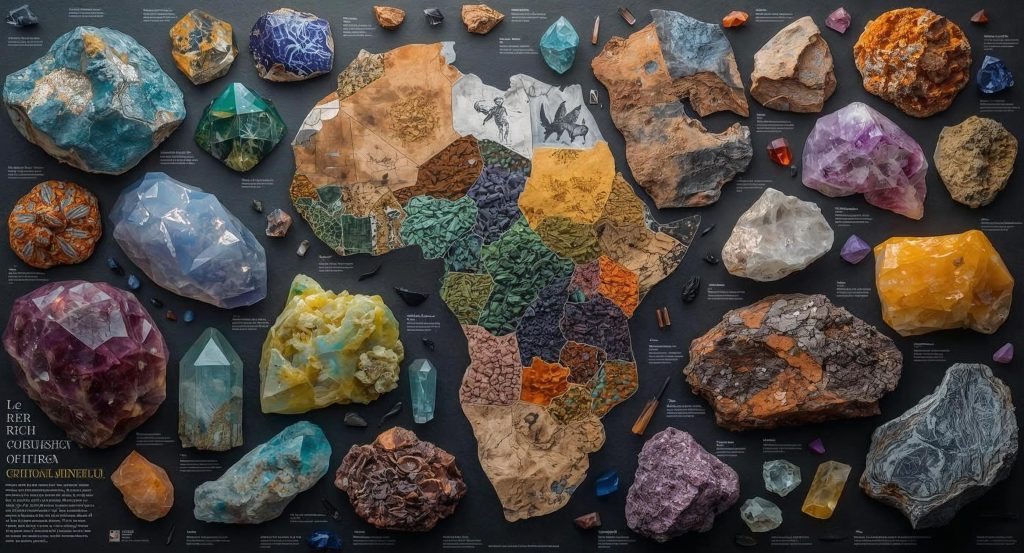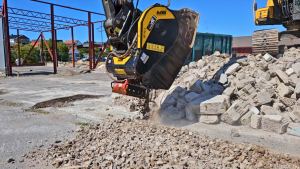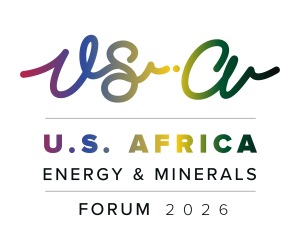Africa at the Center of a Global Minerals Revolution
As the world transitions toward clean energy and advanced technologies, the demand for critical minerals, including lithium, cobalt, nickel, graphite, and rare earth elements—is growing at an unprecedented pace. Africa, which holds nearly 30% of the world’s mineral reserves, stands at the forefront of this transformation.
The International Energy Agency (IEA) projects that lithium demand will grow fivefold by 2040, while cobalt, nickel, and rare earth elements will also experience exponential growth. For Africa, this presents an opportunity to redefine its role from being a raw material exporter to becoming a global hub for mineral processing and manufacturing.
Moving Beyond Extraction: Building the Mining Value Chain
Experts across the mining and engineering sectors agree that Africa’s real economic breakthrough will only come from value addition—not just mining minerals, but refining and manufacturing them locally.
Countries such as Zimbabwe are already taking bold steps to ensure that the extraction of lithium and other strategic minerals contributes more meaningfully to national growth. By insisting that lithium be processed locally before export, Zimbabwe aims to boost industrial capacity, create jobs, and strengthen its domestic supply chain.
This approach signals a broader continental shift—one focused on beneficiation, processing, and downstream development—that could define Africa’s mining future.
Challenges Facing Africa’s Critical Minerals Growth
While the potential is immense, several structural challenges continue to slow progress:
- Infrastructure Gaps: Limited electricity generation, poor transport networks, and outdated logistics systems restrict Africa’s ability to process and export value-added minerals.
- High Tariffs and Trade Barriers: Intra-African trade remains low due to tariffs and complex customs procedures, preventing the development of regional value chains.
- Skills and Technical Capacity: Mineral refining and processing require advanced engineering, metallurgical, and chemical expertise—skills that are still underdeveloped in many African nations.
- Governance and Sustainability Issues: Weak regulatory systems, limited community engagement, and environmental risks continue to pose reputational and operational challenges for the industry.
Strategic Priorities for Africa’s Mining Transformation
1. Promoting Industrial Policy for Local Beneficiation
African governments must implement clear policies that encourage mineral refining and manufacturing within the continent. Export restrictions on unprocessed ores, incentives for local processing plants, and public-private partnerships can help shift the balance toward value creation.
2. Investing in Infrastructure and Industrial Corridors
Developing reliable power systems, efficient rail networks, and modern port facilities is essential for competitiveness. Infrastructure projects linking mining regions to industrial zones—such as new logistics corridors—can significantly reduce export bottlenecks.
3. Accelerating Continental Trade Integration
The African Continental Free Trade Area (AfCFTA) provides a unified platform for 1.4 billion people, creating a powerful internal market for African-processed minerals and fostering cross-border supply chains.
4. Building Skills and Technology Capacity
To move from raw extraction to refined production, Africa must invest in education and technical training in mining engineering, materials science, and industrial manufacturing. Partnerships with universities, research institutions, and private companies can help close this gap.
5. Embracing Sustainable and Responsible Mining
The future of mining in Africa must align with ESG (Environmental, Social, and Governance) principles. Responsible extraction, fair labour practices, and transparent governance are crucial for long-term credibility and global competitiveness.
Opportunities for Africa’s Mining and Engineering Sectors
For companies operating in mining, engineering, and industrial development, the critical-minerals era presents a host of opportunities:
- Infrastructure Development: Building power plants, transportation networks, and mineral processing facilities.
- EPC Contracts: Engineering, procurement, and construction projects for refineries, battery-grade mineral plants, and industrial zones.
- Technology Solutions: Introducing innovative processing, automation, and sustainability technologies to improve efficiency.
- Skills Development: Providing training programs that support local workforce development and technical advancement.
The Road Ahead: Turning Potential into Prosperity
The global shift toward clean energy and digital innovation places Africa in a position of strength. But the real test lies in turning mineral wealth into industrial power. By prioritizing beneficiation, investing in skills and infrastructure, and ensuring sustainable governance, Africa can transform its mining sector into a driver of inclusive, long-term growth.
Africa’s mining and engineering industries now have the chance to lead a new era—one defined not by resource extraction, but by value creation, innovation, and economic transformation.
Published by: Africa Mining & Engineering Review








